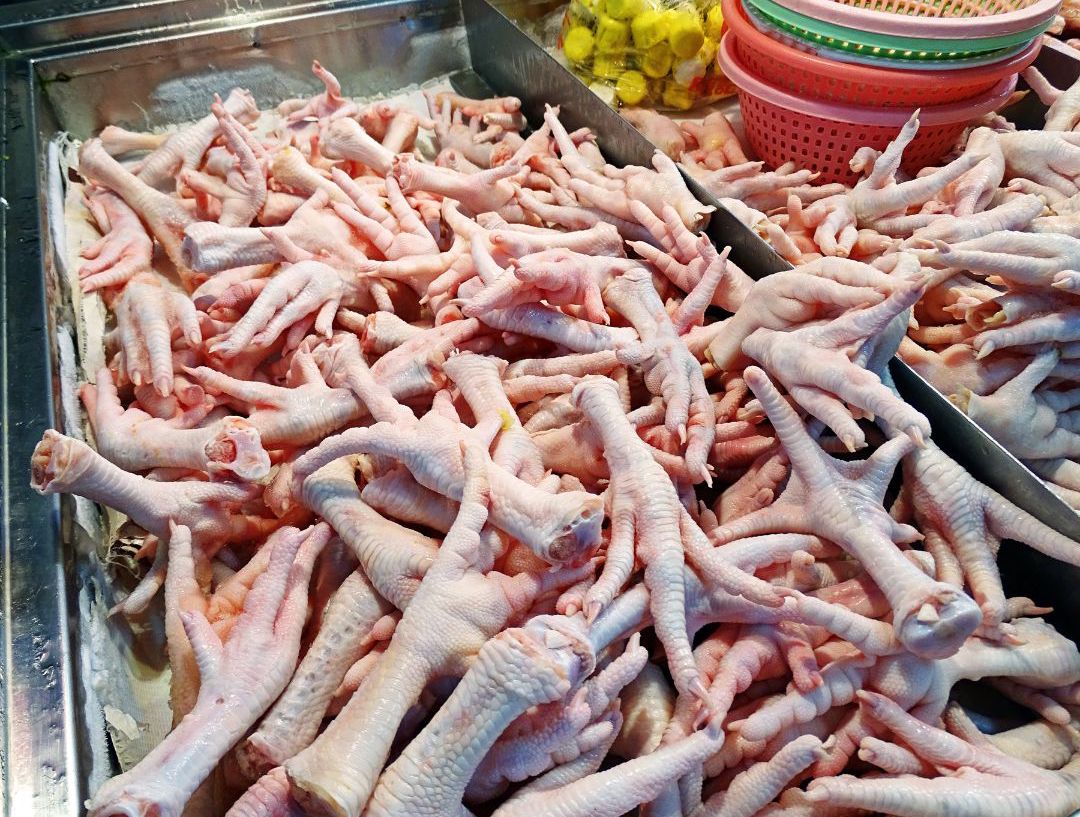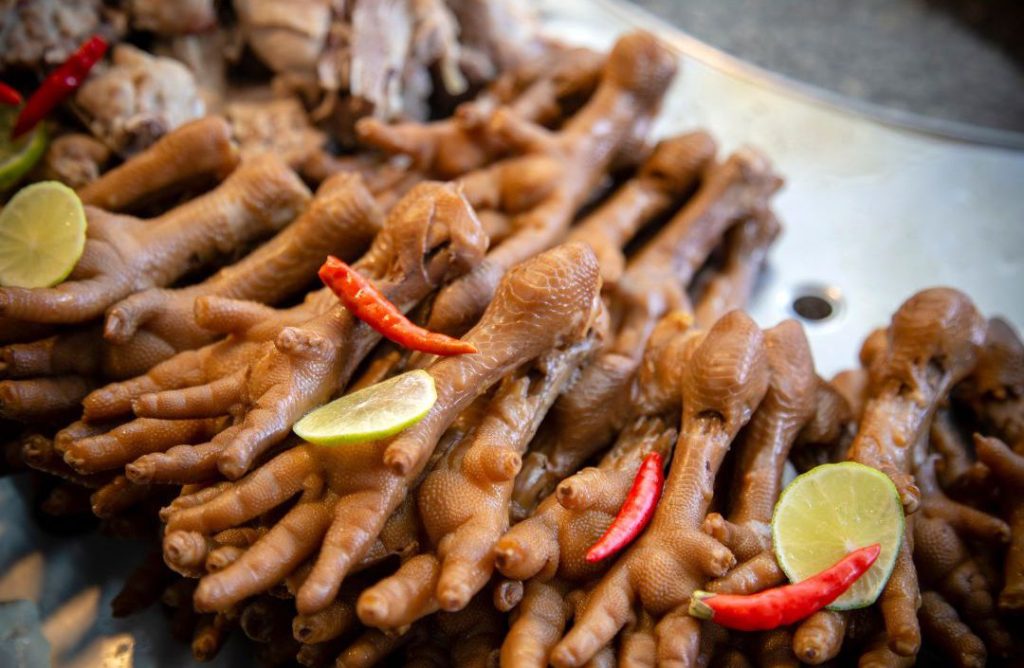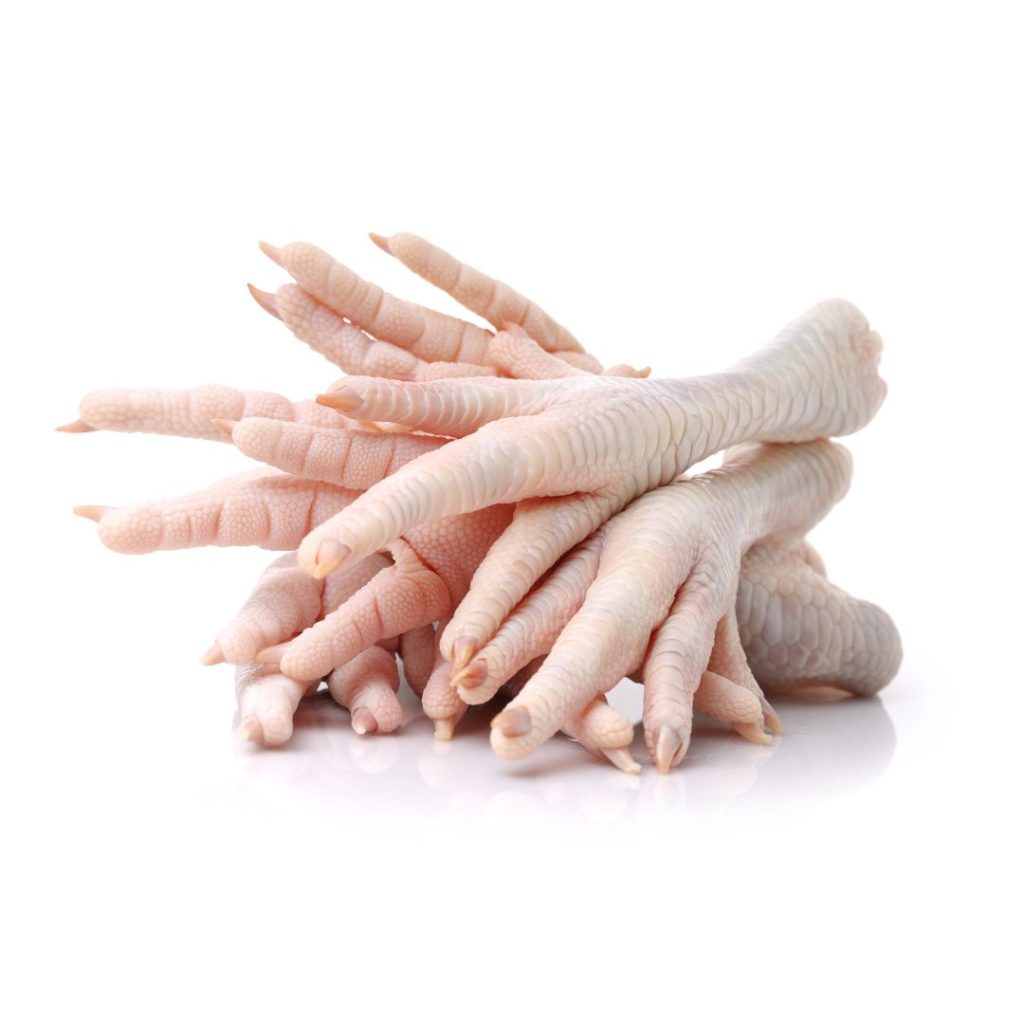
Once Upon a Time in the Land of Pharaoh
One man’s meat is definitely another man’s poison. Seen as a delicacy in many African nations, the recommendation by the Egyptian government for citizens to turn to consuming chicken feet has been met with intense resistance and disdain over the past months. Like a toddler being forced to eat their veggies, many have been left with no option but to feast on what was once thought to be food reserved for dogs as prices for basic commodities continue to soar.
With a population of more than 100million and a great reliance on imports to feed its people, Egypt has been hit by a deepening economic crisis and for months now, life is becoming more and more unbearable for most Egyptians. Soaring inflation has made it difficult for most families to afford even the basic staples like rice, cooking oil, bread and even eggs. The Egyptian pound has been losing value and it is not envisaged to get any better soon.
When the state of the economy hits a brick wall and as expected from any “sane” government, the blame is shifted to Covid-19, Russia-Ukraine war, global recession, and any other impediment. We can all agree that the pandemic put a dent on Egypt’s tourism sector, one of the country’s high-income earners. Egypt is the world’s largest importer of wheat and the war in Ukraine disrupted supplies. However, and as often, the powers that be mostly ignore their own misgivings and bad decisions as they gamble with people’s livelihood by continually taking what rightfully belongs to those who put them in power to the “casinos” of gross mismanagement. Many analysts attribute Egypt’s current demise largely to issues that are internal, and these include political unrest, corruption, and mismanagement.
With President President Abdel Fattah al-Sisi at the helm, it is said that the power and influence of the presidency, military, security, and intelligence agencies has grown massively evidenced by expansion of regime-owned enterprises. The state has been spending on mega infrastructure projects of insane value, and most of these projects are in the hands of the military. These have artificially driven growth in the country. The expansion of the Suez Canal and the new capital city are some of the megaprojects the government is embarking on. Egypt is building Africa’s tallest skyscraper, Iconic Tower, for $3 billion (€2.8 billion) in the middle of its new capital.
Shortages of hard currency saw the emergence of a black market, and resultantly, the Egyptian pound is trading well below the official rate. As is our custom in Africa, when the going gets tough we seek for bailout loans. In mid-December, the International Monetary Fund (IMF) approved a $3-billion bailout package for Egypt. It is uncertain if this has brought the needed relief most especially in a country marred with corruption. Now, having state funds channelled towards servicing the external debt is not making it easier. The government debt-to-GDP ratio hovers around 90%, while external debt has more than doubled since 2013. With such unfavourable dynamics at play, it is envisaged that investor confidence is expected to continue on a downward trajectory.
In a 2023 World Report that focused on Egypt published by the Human Rights Watch it is stated and I quote, “Rights groups have voiced strong concerns in previous years around the lack of emphasis on the need for the Egyptian government to expand social protection, strengthen judicial independence, and address corruption and the need for transparency.” It will take strategic reforms that address internal issues first, to restore Egypt’s glory. Otherwise, if care is not taken and if the economic hardships persist, there is a looming uprising in the horizon.




